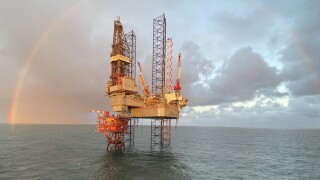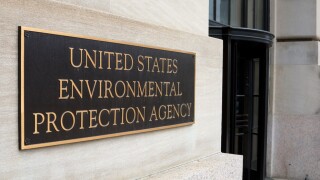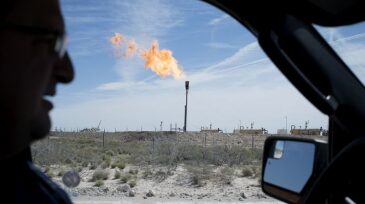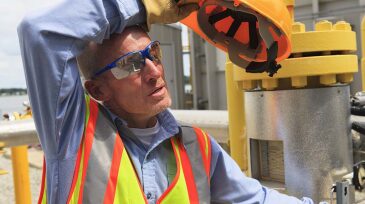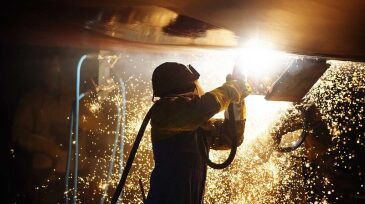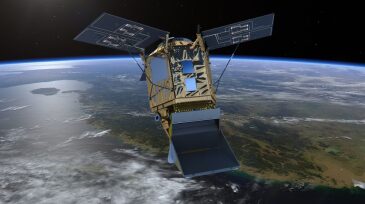HSE & Sustainability
DNV awarded the Abu Dhabi National Oil Company a storage certificate at the endorsement stage for its West Aquifer site.
Four former gas-producing wells have been converted into injection wells and are now preparing to receive carbon dioxide for storage.
The US Environmental Protection Agency withdraws its legal basis for federal vehicle GHG standards, setting up potential court challenges.
-
America’s hottest oil patch is producing so much natural gas that, by the end of last year, producers were burning off more than enough of the fuel to meet residential demand across the whole of Texas.
-
Behavior-based safety is not a new concept nor is it new at Murphy Oil. But when Murphy launched its Safety Observation Program as a digital tool, it revitalized the way the culture of safety spread throughout the company.
-
Safety depends on developing a dedicated culture mind-set and mitigation of risks, from the planning and engineering phases to the work site. These papers selected by OGF technical paper editor Gerald Verbeek present various practices for reducing and eliminating the number of incidents.
-
For employees to report on safety incidents, there must be a ‘just culture,’ where issues can be discussed freely and underlying causes investigated and corrected without fear of punitive actions.
-
Companies in the petroleum industry, from exploration and production, to transportation, refining, and distribution, operate around the clock. This paper intends to raise awareness on the impact of fatigue in the petroleum industry and recommend a framework for fatigue risk management.
-
The emotional involvement of participants during the initial phase of a safety campaign increases implementation effectiveness significantly. In this case, a film guides the audience to make positive, personal choices whenever planning and operating a work at height.
-
This paper describes an operator’s experience with HFE during the construction and fabrication/installation phase of projects, including welding during the fabrication of buoyancy tanks, emergency preparedness, and the use of 3D model walk-throughs.
-
A wave of satellites set to orbit the Earth will be able to pinpoint producers of greenhouse gases, right down to an individual leak at an oil rig.
-
A new integrated modeling tool helps Canada analyze methane emissions to get a better understanding of the economic and environmental implications.
-
A bipartisan group of senators introduced a bill to increase federal funding toward developing carbon capture technology while also committing to fossil fuel use.


